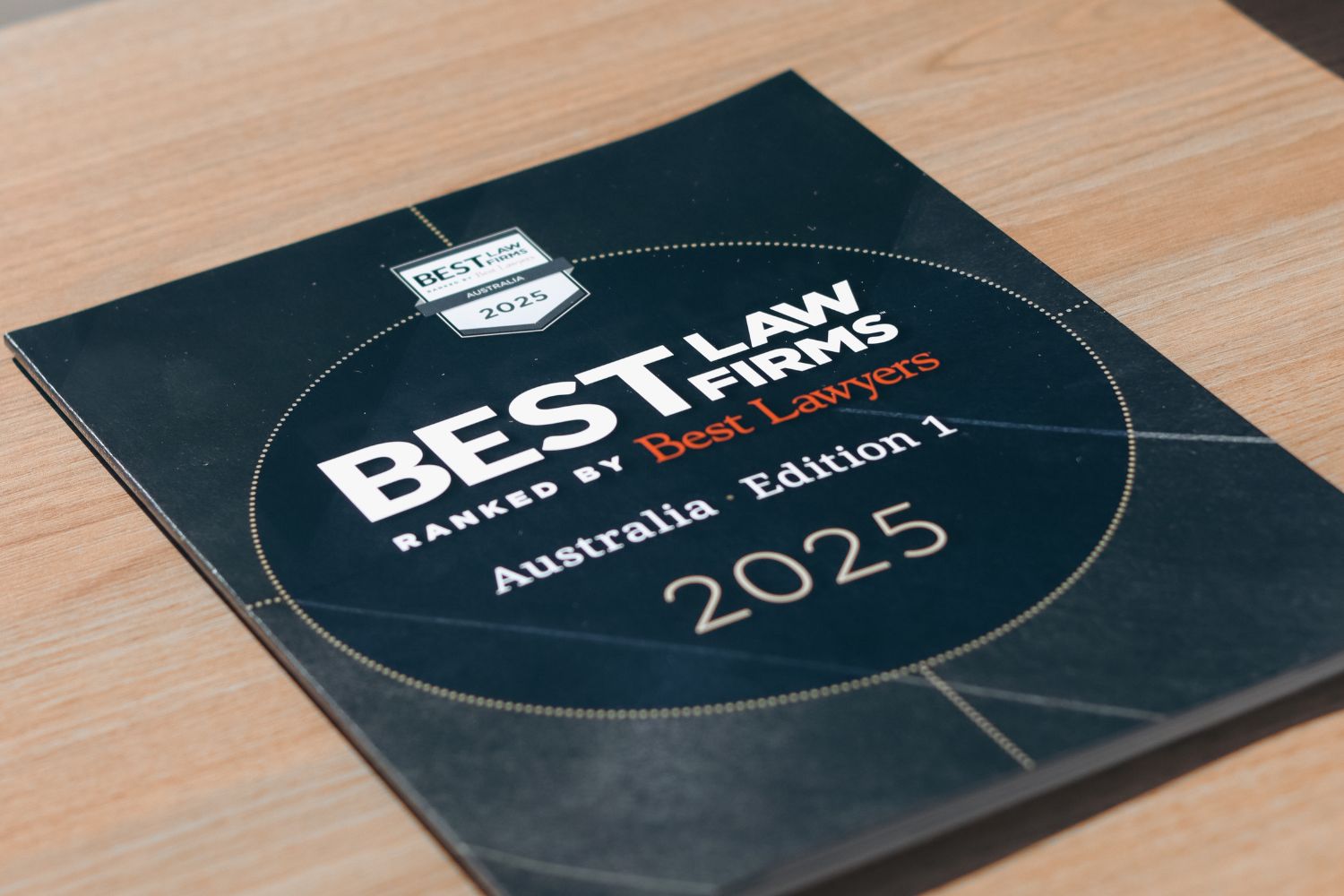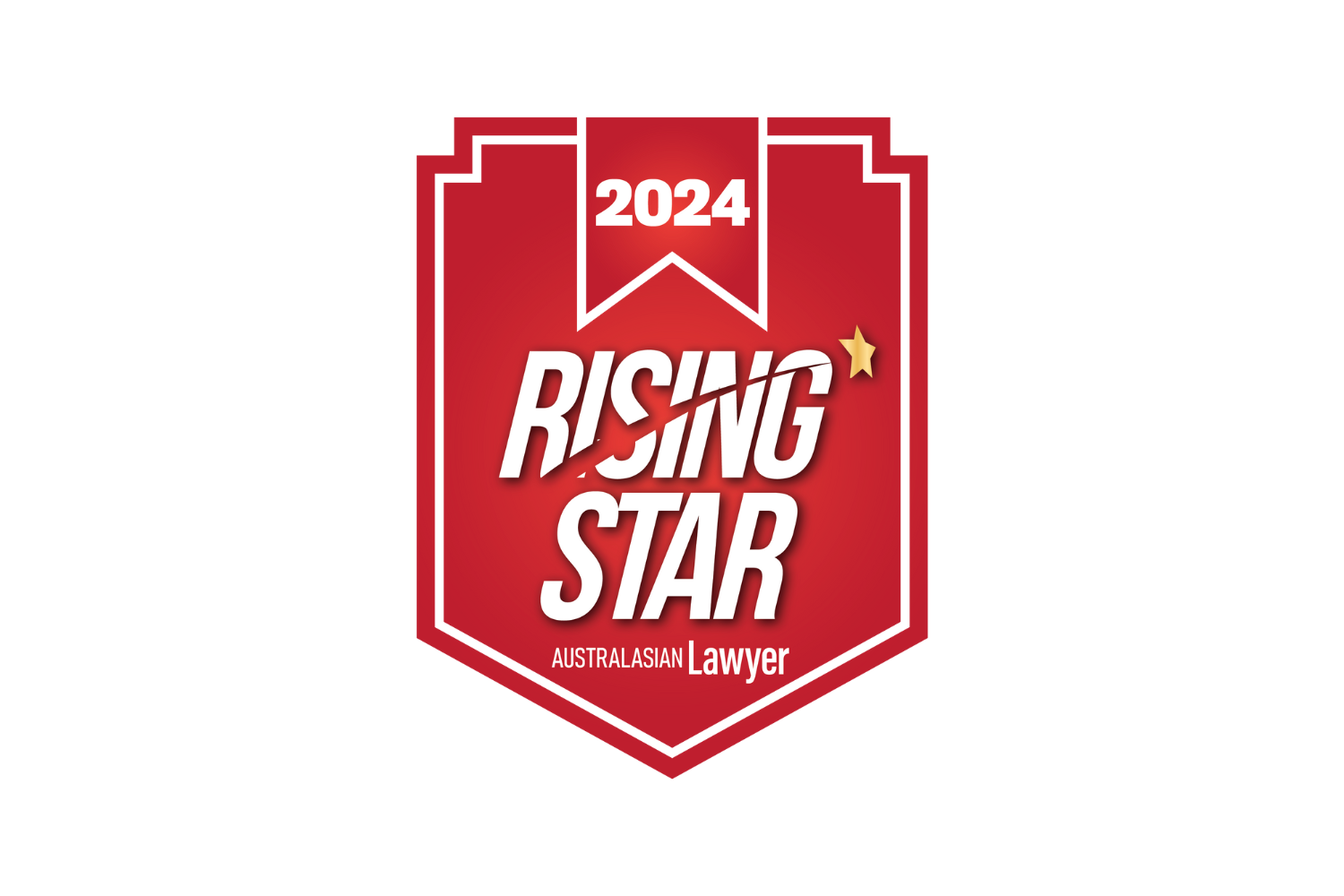The legal dispute resolution process is a series of decisions towards our objective.
And when making decisions about the steps we should take and the money we should invest in litigation, we often focus too strongly on one element: the strength of our own arguments.
The danger is that we overlook the strengths of the other party’s position, and importantly, the weakness of our own position.
Strange as it sounds, we would be better off starting with the assumption that we will lose. What this does is force us to consider why we lost, and proactively lay out a path for what is required to overcome any obstacles – and win.
This creates a systematic approach for evaluating all of the information that will influence the outcome of the dispute and, critically, allows us to test our biases and intuitions.
This is how it plays out.
The double edged sword of misidentifying our oversights
Psychological research suggests that we are not very good at accurately evaluating ourselves. We tend to overestimate our own knowledge and assess our understanding of reality as better than average.
This isn’t a question of ego, but rather, the difficulty of evaluating our unconscious biases. Because of this, we are biased towards confirming and validating our assessment of the truth.
We all have pockets of incompetence that we may not recognise. And it is a double curse that this unawareness inhibits the ability to identify our errors or the quality of our decision making, investigation, or perception.
The opposite side of this is just as damaging. When we do have all the necessary information, expertise, evidence and arguments, we tend to assume that others are just as knowledgeable as we are, and that their behaviour should reflect our vision of reality.
In a negotiation context, we might expect the other side to understand the sensible nature of our demands. But without the same understanding of the information that has imbued us with that very sensibility, they remain entrenched in their position.
What may be a logical response, we may interpret as belligerent.
The result is that if we do not have a process for systematic self-evaluation, being either insufficiently or sufficiently informed can have us caught in a bubble of disillusion.
How a win-only mindset manifests in litigation
The process of litigation typically starts by identifying the set of actions and liability for which there is a viable reason to sue. We select a lawyer – one who will affirm the reasons we believe are good enough to win – and the process of gathering the relevant evidence and documentation to execute unfolds from there.
Commonly, it will only be midway through the dispute that the problems with these arguments are considered. The other party responds, there is unexpected evidence, and there are circumstances that were not foreseen. This is the first time that the possibility of losing properly evaluated.
The fear of what else has not been discovered quickly becomes overwhelming, leading to rushed decisions to alter the course of action from the original plan or decisions about the compromises to make.
The problem here is not necessarily the presentation of the problems themselves. It is that when they show up, there isn’t a framework for understanding them.
When this happens, we will not only confront obstacles feeling surprised and unprepared, but we are more likely to react in a way that is influenced by emotion, and with less precision.
Further, faced with these unsettling circumstances, we become enticed to reaffirm both our position and choice of lawyer. These conflicting thoughts are known as cognitive dissonance.
In essence, it is more difficult – and less effective – to confront the idea that we have strayed off course than it is to map out that course to begin with.
How to systemically check against confirmation bias
We cannot avoid every problem that arises in litigation. But what we can do is attempt to understand the problems before they arrive. This way, we are more prepared, more agile, more effective.
To improve your decisions making, apply the following trains of thought to the way you consider your understanding of your case, and the way in which you engage with your lawyer:
1. From the beginning, assume you have already lost
Instead of just working forwards from how you can win, also work backwards from a hypothetical evaluation of why you will lose.
Assuming that you have lost, walk back through the path that led you there. Use those reasons for your analysis and investigation of what your case looks like.
2. Identify the critical questions, not the answers
Once you can articulate what both arguments may look like, identify the three critical issues or questions that will determine the outcome of the dispute. These questions are the gates for which the dispute will be decided.
Using this perspective provides a more objective platform for assessing our initial prospects, and investigation needs.
In the beginning, the answers we have are simply our understanding of events. If the key issues are not properly understood, it will become increasingly difficult to understand progress on your path to resolution as the matter proceeds.
3. Use your opponent’s strengths against yourself
Assess your opponent’s strengths in a similar way to how you assessed your own.
Ask what are the three best arguments of your opponent?
If you cannot identify them, it could be a sign that you have a winnable claim.
But it could also mean there is evidence or analysis being overlooked. Investigate what evidence and reasoning could prove your opponent’s case. Discuss and interrogate the implications of what you know, and what you don’t.
4. Have a framework for assessing new information
It is easy for lawyers to say that there will always be surprises. And it may be the case that there are unknowns, but if there has been an analysis about what could create problems, we can very quickly grasp the significance of anything that is surprising and realise how it ought to be dealt with.
There are certain things that seem objectively damaging to a case, for example, a comment by a witness in cross examination that reduces their credibility. However, we have to assess that situation for what it means in the context of the issues that will determine the outcome.
If it doesn’t impact our ability to prove the required arguments, then it doesn’t matter.
5. Arm yourself with the answers to important future problems
If we understand what the objections are going to be that are important for us to overcome, we can be armed in advance to respond to them.
In litigation, the party who responds quickly and thoughtfully to objections and potential roadblocks projects a powerful confidence and mutes the space for stressed, emotional debate.
A timely and considered response creates a psychology around your position as more knowledgeable, more organised, more strategic.
6. Have an informed investment strategy
Instead of defaulting to spending resources bolstering arguments that may already be sufficient, be guided by what your investigation has revealed.
The time spent understanding the path to a successful outcome creates a framework to guide decisions on where to direct resources. The holes or weaknesses in resolving key questions should drive where time and money is allocated.
The presumption of loss may be difficult to imagine as we embark on a course of action to win, but the safest way to carry out debate with others is a continuing debate with ourselves.
This is article explores Aptum’s philosophy for dispute resolution. We continue to advocate for a contemporary approach to litigation.




